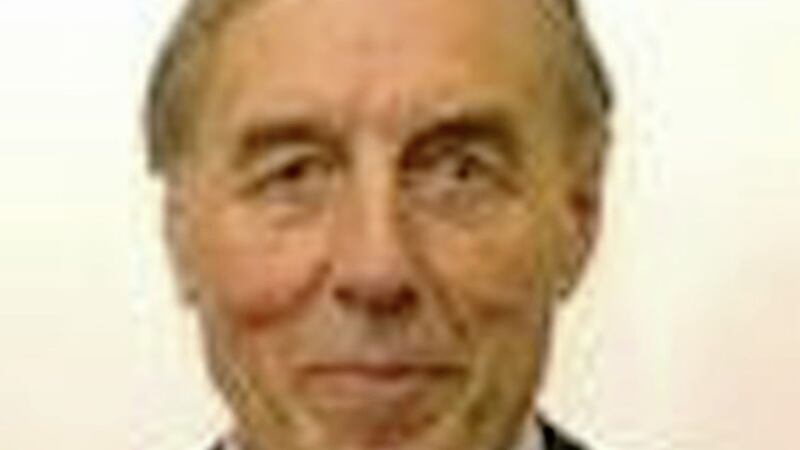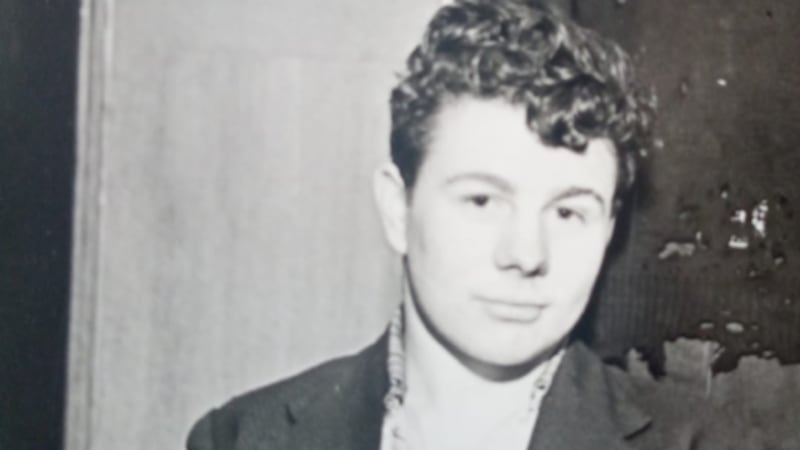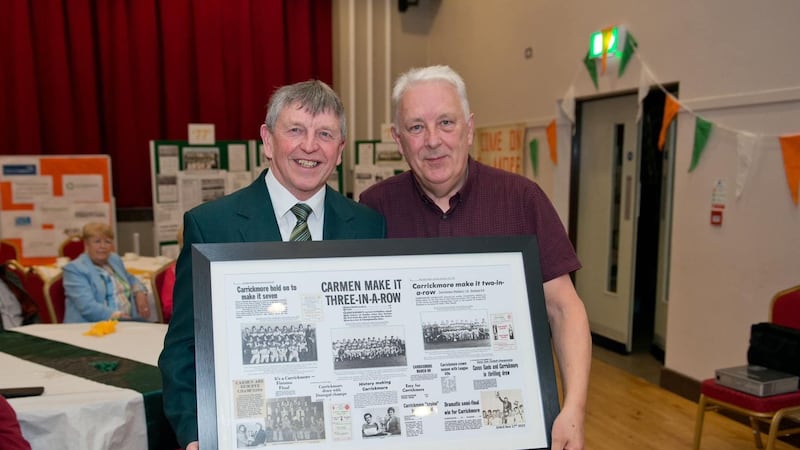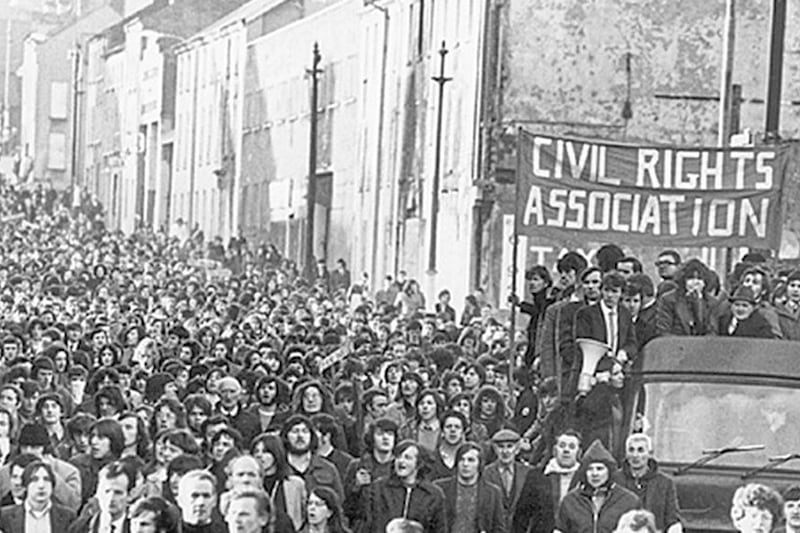A former head of the British army has claimed any prosecution of former soldiers over Bloody Sunday could have ramifications for future military operations around the world.
The Public Prosecution Service will reveal tomorrow whether or not it intends prosecuting up to 17 former Parachute Regiment soldiers for their part in the 1972 killings of 14 unarmed civil rights’ protesters. It is understood some of the former soldiers could face murder charges.
Lord David Ramsbotham (84) served as military assistant to the head of Britain’s general staff, General Sir Michael Carver at the time of Bloody Sunday. He later became head of the British army.
Lord Ramsbotham told the Press Association he had profound concerns over the possibility that former soldiers could be charged with murder. He said any soldier only obeyed orders.
The British peer said: “The position of a commander giving an order to somebody to open fire, if it’s likely to end up in court, the soldier receiving the order and the person giving the order will think twice about it in the future.
“And that could have serious implications if we’re defending this country.”
The former officer also revealed that, with General Carver, he visited the soldiers responsible for the killings a week after Bloody Sunday. Lord Ramsbotham said he got the impression that the regiment was “full of remorse”. Last week, one of the soldiers, known by the cipher Sergeant O claimed he still believed Bloody Sunday was a “job well done”.
Lord Ramsbotham said he wished the former soldier had not said that and suggested the soldier’s memory had become distorted over time.







